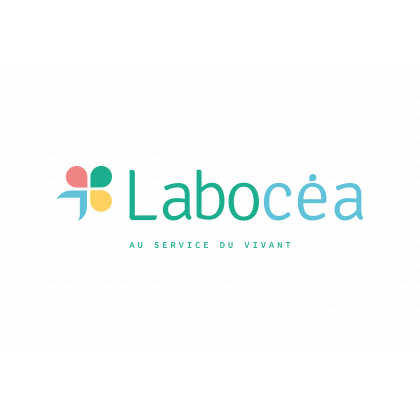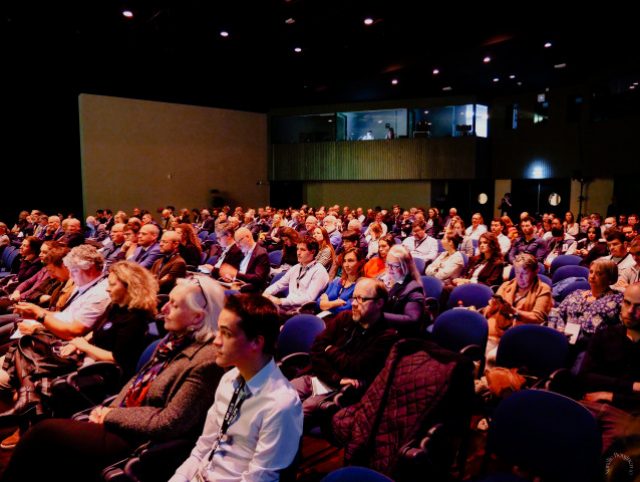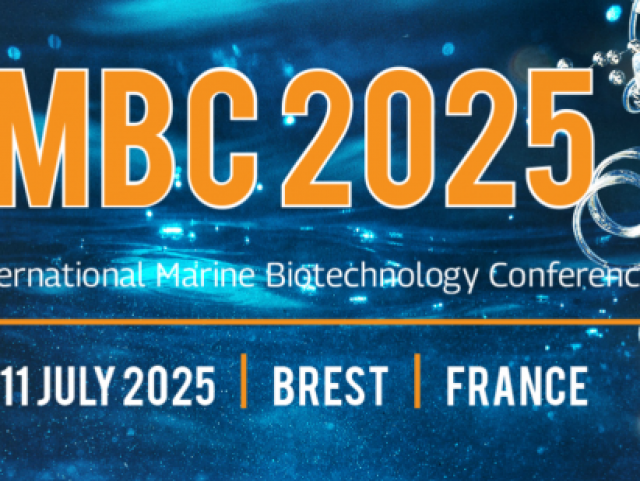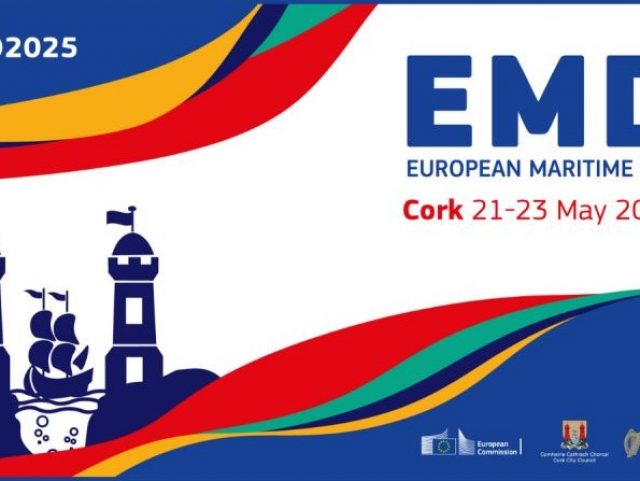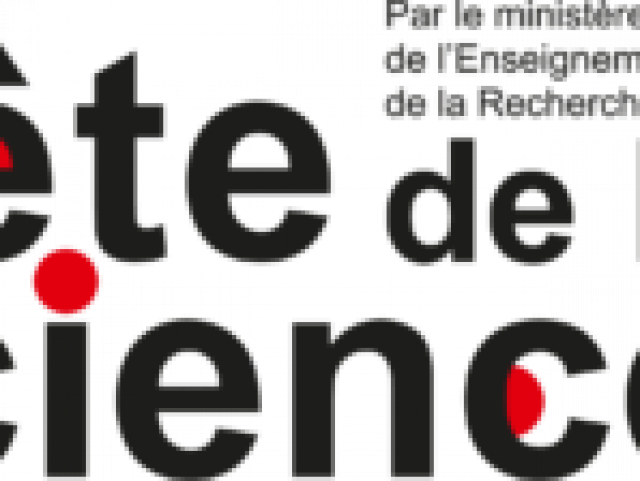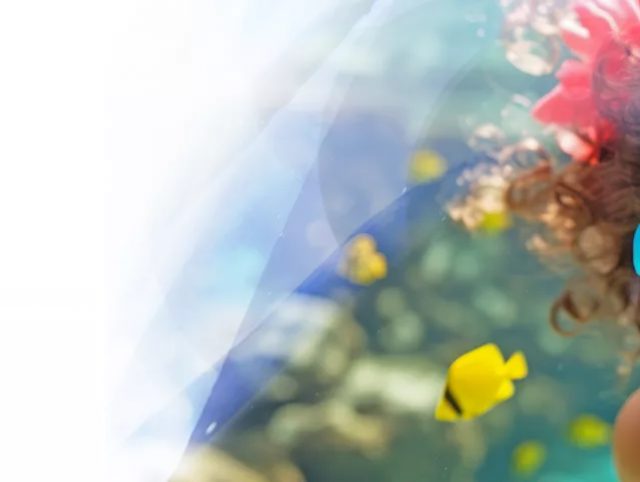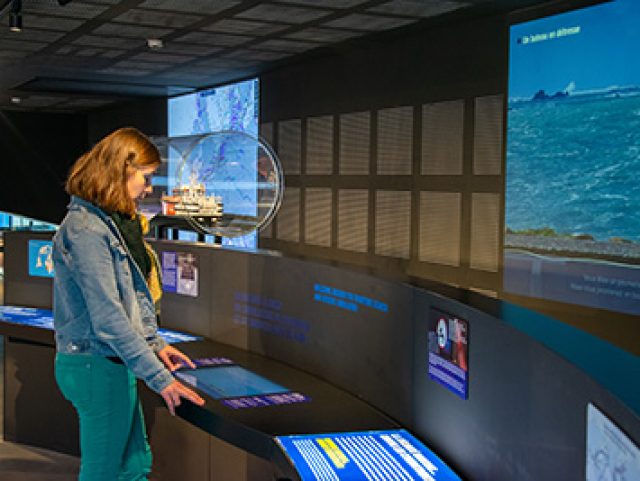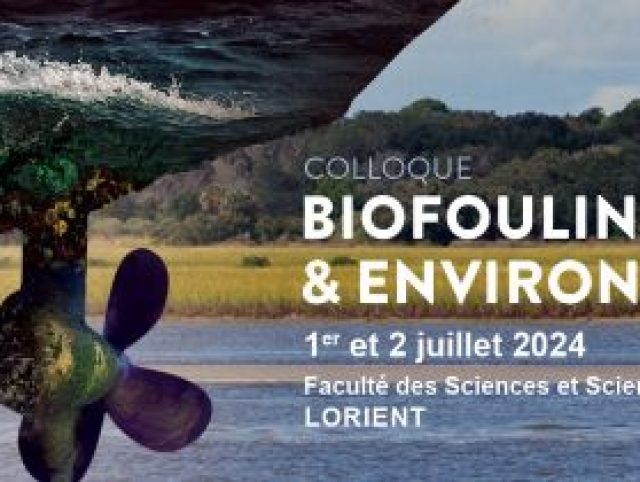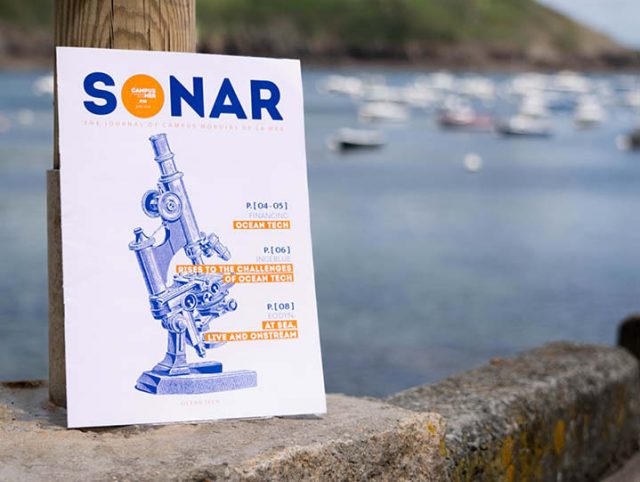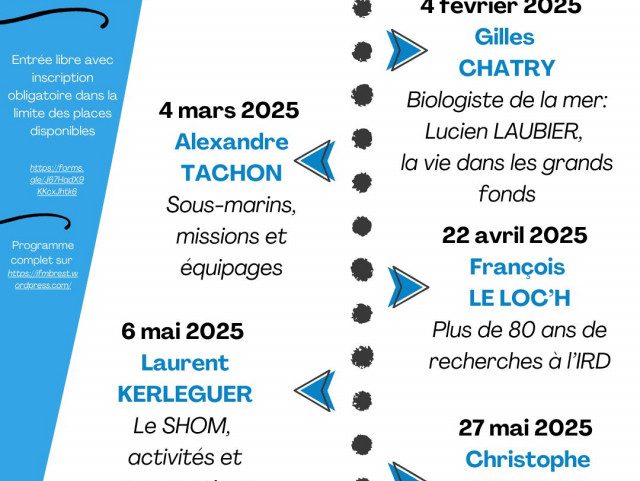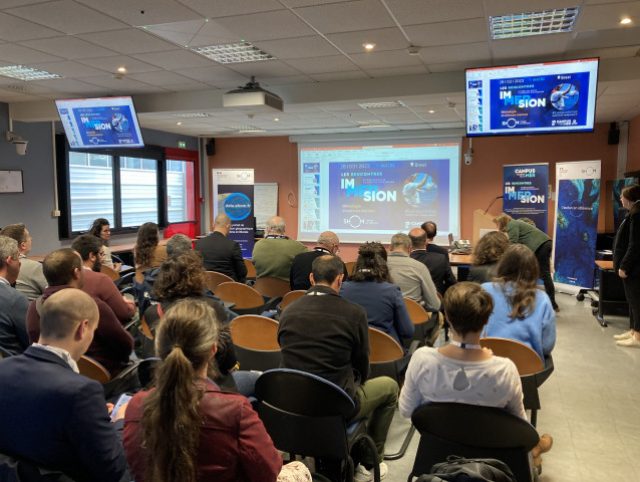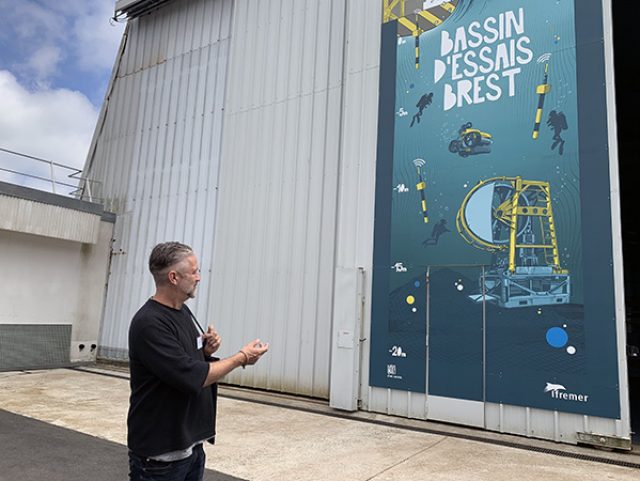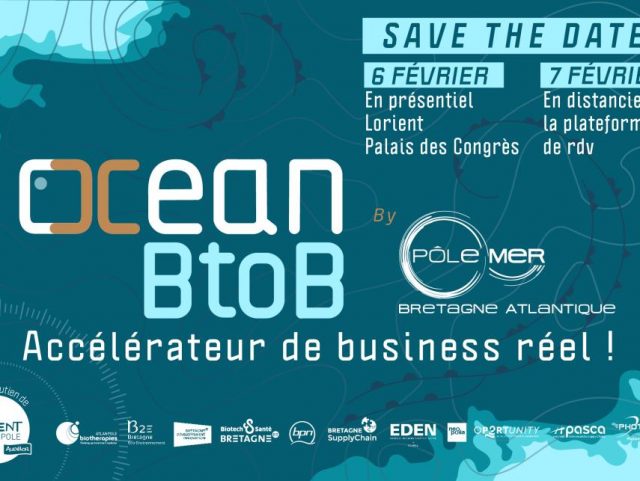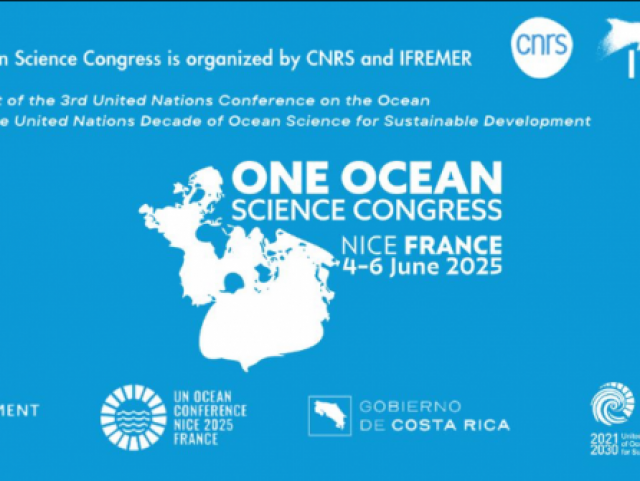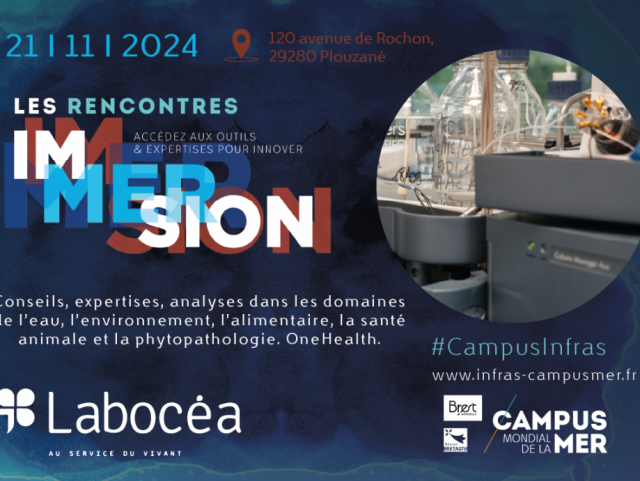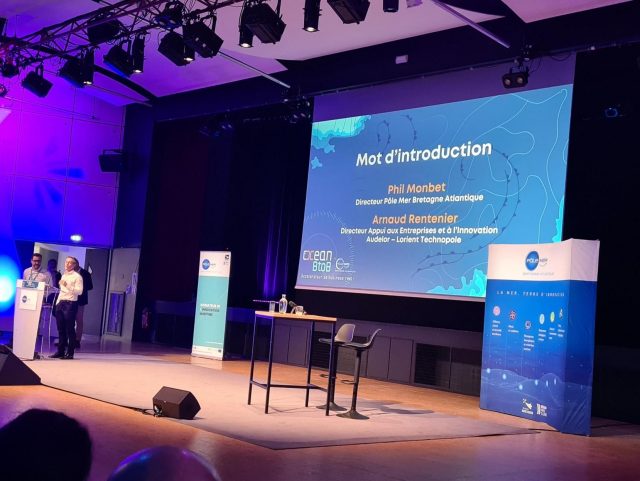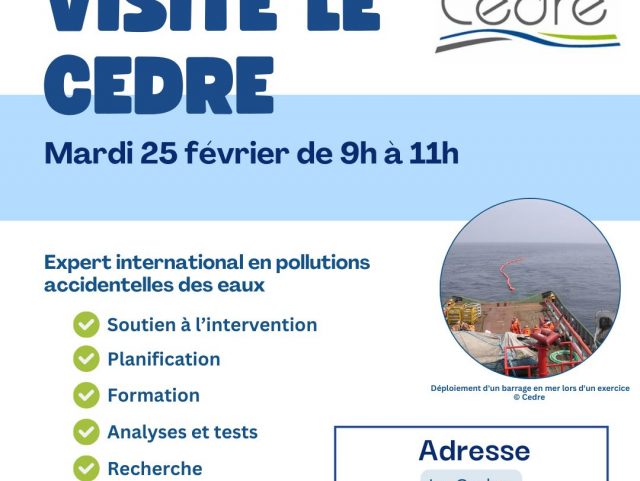Tackling accidental pollution of the seas
With its 2,263 km of coastline , Finistère is particularly exposed and has therefore developed unique skills for tackling marine pollution. For almost 40 years, Cedre has been sharing its expertise in France and internationally on how to deal with accidental seawater pollution. Its multidisciplinary team comprises around 50 technicians, engineers and doctors who provide advice and expertise to public authorities and private entities in France and abroad with responsibility for responding to pollution. To support its activities, Cedre boasts a range of original facilities and equipment, some not found anywhere else in the world, including a “polludrome”, a wind tunnel and a burn test bench.
Alongside Cedre, with a staff of 600 and 22,000m² of technical facilities, the Labocéa laboratory is France’s premier public laboratory providing testing, advice and expertise. Located across five sites in Brittany, three of which are in Finistère, its state-of-the-art equipment and multidisciplinary team offer a wide range of services for identifying and preventing risks to human and animal health.
Among the services it provides, Labocéa has developed outstanding expertise in sampling and testing accidental pollution of terrestrial waters and sediments in port areas. This expertise is called on by many different actors, from individuals to major companies. This has led to partnerships with the University of Brest and the French Agency for Food, Environmental and Occupational Health and Safety (Anses), Institute for Ocean Science (Ifremer) and National Centre for Scientific Research (CNRS).
In addition to Cedre and Labocéa, CLS (a subsidiary of the French government space agency CNES and the Belgian investment company CNP) is developing in Brest innovative satellite earth observation and surveillance solutions which can help public authorities to detect illegal degassing and pollution in the sea. Brest is also home to the Centre of Practical Expertise in Pollution Response (CEPPOL), an expert naval unit that serves the entire Navy, from assisting ships in difficulty to tackling maritime pollution.
All these skills and expertise mean the tip of Brittany is a real centre of excellence in the prevention of and response to accidental marine pollution.
Photo: Cedre



















